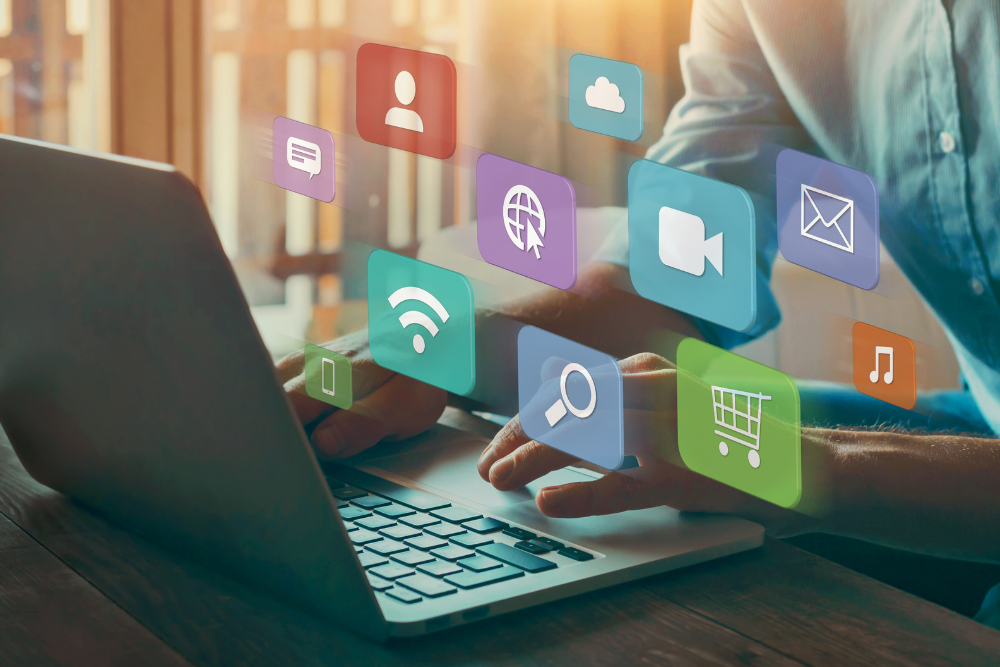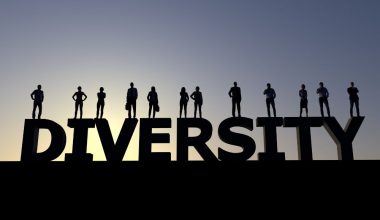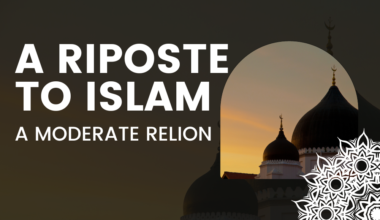Challenged by the Digital Age, one thing I have learnt is that, Reading, like any other valuable human activity, must not be reduced to a dull level of mere mechanicalness but must be directed to some well-defined purpose.
In careful observation over some time I have realized that about 70% of our total reading is now done on the internet, from e-mails to e-books. For the digital generations the proportion may be much higher. It is clear that aimless and undiscerning reading is likely to harm the full development of a person’s mental powers. Now that reading is easier than ever before, it is not the quantity of the online words that we consume but the quality of our mental attentiveness and our capacity to assimilate that counts. How many folks we know who are some of the most untiring readers, reading millions of words per week, and yet have some of the emptiest of minds conceivable. It is a function of what they choose to read and how they read it.
There are many people who spend hours on the internet for what they call killing the time. They say that when they have nothing better to do and do not know what to do with their time, they might just as well spend their time on social media and read whatever comes handy to them. For them the internet becomes an escape into an airy nothingness and helps them lose touch with the ugly realities of life. Hence, in a sense internet becomes an addiction like drinking or use of narcotics with an end to cease to be conscious and to escape into oblivion. Often late into night, these users of internet scour the web with no other purpose except to prepare the way for the onset of sleep. In this age, addiction to internet is a dangerous habit that can overtake a person. Spending hours on the internet just for the sake of killing time atrophies the mind. One thing that life has taught me is that time can never be killed. Its passage across our being steadily brings the inevitable closer when we ‘are to dust equal made’. While death is the virtual end, life is about avoiding accepting grave as the goal of our life by becoming ever more mindful and fully conscious of the potentials of life. Awareness and not ignorance is the ideal of life.
Being sucked in by the internet from mere habit and because we have nothing better to do hampers the evolution of our mental life. Knowledge energizes life; it makes us aware of our place and obligations and equips us with the capacity to construct effective action on the ever-changing concourse of environment. When reading, instead of increasing our knowledge, guides us away from a conscious use of time it is not an activity worth treasuring. Such reading on the internet and the social media entails useless expenditure of human energy and prevents a person from putting his time to the best possible use.

In order to develop a proper approach to reading on the internet, one, to begin with, must be clear about the function of the material one is called upon to read. Internet is full of the literature of information that makes objective statements about the world we live in, the discoveries made by man, about the art of living, about the progress of scientific knowledge, and about the laws of moral and historical order. These are empirical or synthetic judgments (in the words of Kant) that inform us all that is around us so that we engineer appropriate action to secure the adjustment of our life with the ecology in which our lot is cast. The securing of this adjustment is a biological necessity and is the very essence of our individual and collective life. However, one has to be careful about the information which is important from one’s individual or collective perspective instead of assimilating information that is of no real consequence to one’s life or wellbeing. We also need to be very mindful of the credibility of the source of information and must avoid spending our time on dubitable sources.
One must view internet as a great source with a ready access to the condensed essence of the wisdom of the ages and cultures. Internet has made it much easier for us and the following generations to gain access to the vast store-house of learning over the course of human history and to be the custodian of this heritage of mankind. By bringing growing minds into contact with this heritage the internet has made it easier, than we ever imagined, to secure transmission of the cultural and intellectual heritage of mankind from area to area and from generation to generation.
When it comes to literature of power, internet can be a double-edged sword. While it can help us explore the truth, it is also an effective tool for consolidating and deepening our biases and preconceived notions. One must be careful and discerning. For me the test of useful spiritual literature is that instead of sharpening our differences, it pins our attention on the eternal truths of life and helps us attune ourselves to the infinite. It directs our attention to the intangible, gives us a universal viewpoint, and inculcates in us those internal resources of human life needed to appreciate and enjoy life in its true sense. For an objective mind, internet makes it convenient to perceive the relative value, worth, and truth of things and philosophies. When used with purpose, internet can educate us in the art of living well; it lubricates the tough and rough mechanism of modern-day social life and makes us feel at home in an increasingly impersonal world.

However, in order to make a productive use of internet, a reader must develop two sharply defined attitudes. One, a person must be very clear what is he or she about. Outside of business purposes, internet is valuable for networking with friends but its real worth comes through as a medium of education. We must realize that the few minutes or hours that we invest in internet everyday must be invested wisely to get good dividends on our investment over a period of time. Two, we must use internet to read productively in order to learn as much as possible about the subjects of importance and interest to us. Hence, our use of internet must either educate and enrich us or constitute a good use of our time otherwise. We must have the discipline and moral courage to shun the material and posts which are meant to beguile us into blind alleys of crude thoughts, unreasonable beliefs, and perverse bigotry.
Thanks to internet the amount of literature available to each of us has reached astronomical proportions that were beyond our imagination just three decades ago. Therefore, more than ever before in history a person is called upon to choose that which ought to be read by him. Given abundant opportunities to waste time on internet, this choice is by no means an easy affair. This is something which requires skill and discipline. I think today it must be an important aim of early education to teach the kids how to use internet productively for themselves. Hence, the kids will know to select consciously and with purpose from the immense pasture of internet. It is for the teacher to use internet as an effective tool to implant in the student an early love for reading.
Internet is also a helpful tool in helping us discover what each one of us is designed to assimilate. There is no need to read everything that comes our way on the web or is sent to us, instead we must keep loyal to our choice based on our predilections and needs. We must use internet to relate to common denominator of human thinking and feeling instead of creating biases and enhancing hatred. Right moral bearings act as a prophylactic of our taste on internet just as in every other choice we make in life. For a serious reader there is an unlimited store-house of guidance and inspiration on internet. It is by the judicious use of internet that we come to discover minds akin our own and establish an affinity leading to purpose.
Internet has brought all the great minds to my desk – the minds that are for all, for all times, and for all occasions. It is always uplifting to go to one of them, when I can. Minds from Socrates to Ali ibn Abi Talib to Ghalib come to my rescue when I am let down by everything else. I feel comforted by healing influence of great minds. To have discovered a few of these souls as kindred spirits is a remarkable achievement that internet offers to a thoughtful reader. Thus internet can be useful if we use it not to lose ourselves but to recover ourselves. We must use it with the fullness of our being and with a desire to douse our consciousness. There is a sense in which, if we adopt this attitude we will be able get a lot more out of internet than mindlessly letting it devour our valuable time.
And last but not the least, please avoid opinionated and semi-literate narcissists plying their ego or ignorance on Facebook and other social media. Internet is not the place to collect trolls and your Facebook or twitter platforms are no window ledges to be crammed full of these cyber-trolls. Internet, like any technology, is a tool; it is not entirely a neutral one, but very much gives us the ability to determine how we use it. The tool is in our hands and we get to decide what we do with it. It is like the invention of the printing press; people claimed it would cause the destruction of society; such were its supposed evils. Everybody had to learn to choose what they wanted to read. The invention of the wheel brought similar concerns with it; we get to choose to drive safely and enhance life and to save ourselves from reckless and irresponsible drivers. More recently the advent of cellular was followed by similar grave concerns about its negative uses. The moral and conscious obligation is not primarily on the tool, it is on us. Putting the tool down does not fix anything, it just leaves us behind. Change comes from learning to handle the tool productively, day in and day out. Go on and use internet to enrich your life and your spirit.







